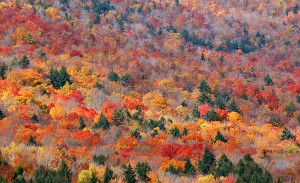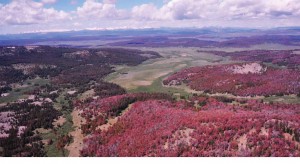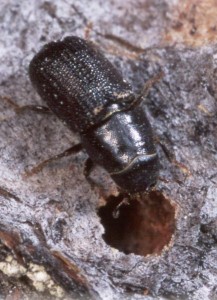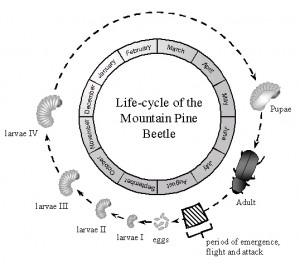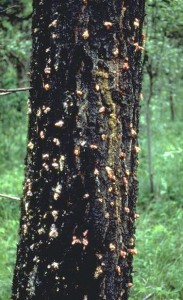Guest post by Chris Colose (e-mail: colose-at-wisc.edu)
This post is a more technical version of Part 1, meant to quantify and expand upon some of the feedback concepts laid out previously. Additionally, the role of the water vapor feedback in planetary climate is discussed.
